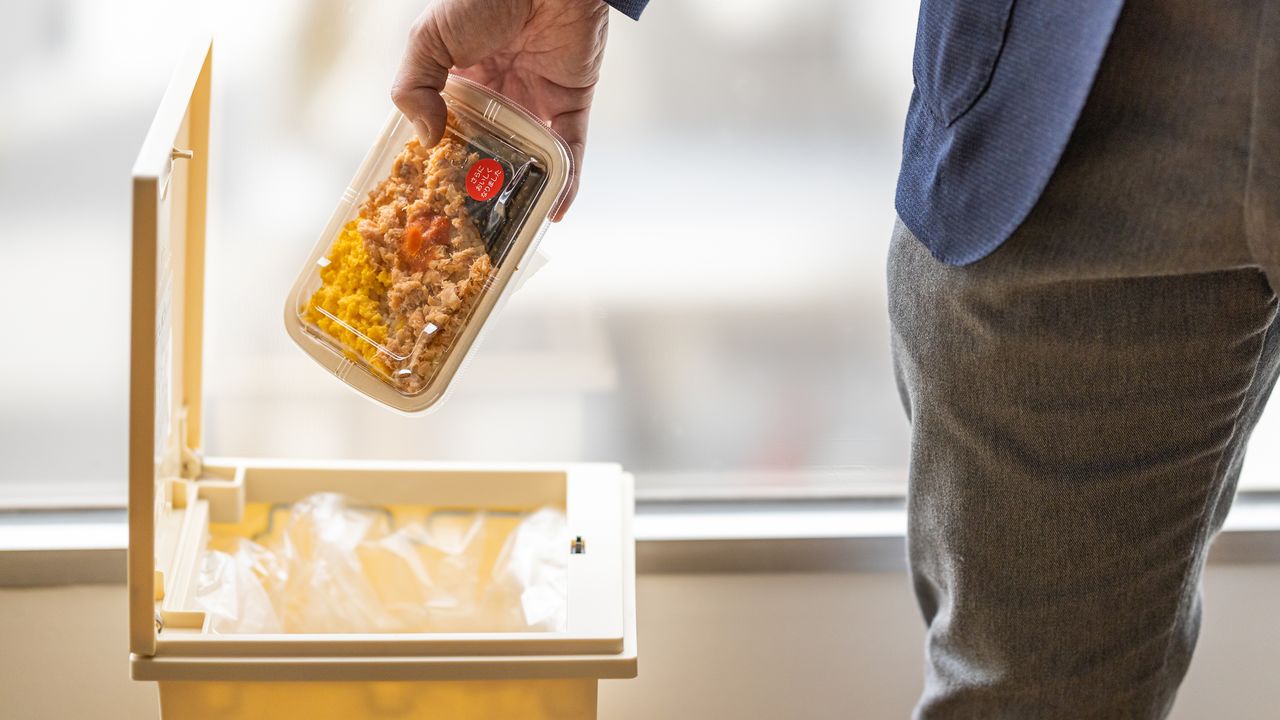Japan Wastes Edible Rice as Prices Soar – The Shocking Truth Behind Food Loss!

Did you know that while Japan grapples with soaring rice prices, it’s also throwing away tons of perfectly edible rice? As consumers panicked during the so-called “Reiwa rice crisis” in August 2024, many were shocked to discover that alongside their empty supermarket shelves, an astonishing amount of rice—just shy of 53,000 bowls daily—was being discarded. Journalist Ide Rumi’s new book, Watashitachi wa nani o suteteiru no ka (The Food We Throw Away), takes a deep dive into this critical issue, exposing the staggering financial costs and environmental impact of Japan's food waste epidemic.
Imagine, amidst a crisis where rice—a staple for many—nearly doubled in price, Japan is still throwing away immense quantities of food that people could eat. This contradiction is more than just shocking; it's a reflection of a system that emphasizes perfection over practicality. Ide Rumi’s research highlights how Japan's strict food labeling laws play a significant role in this waste. Polished rice, once milled, is classified as “fresh food,” and after just over a month on the shelf, it is often discarded rather than sold at a discount or donated.
The situation is not just a statistic; it’s a real challenge faced by many. In Tokyo alone, a facility dedicated to processing food waste sees nearly 40 tons of food tossed out daily, with rice constituting a significant portion. The irony is palpable: consumers are desperate for rice, yet the system is designed to throw it away. Rumi highlights how this problem extends beyond rice to other foods, particularly during the pandemic when school closures and event cancellations resulted in unprecedented food waste.
Rumi passionately argues for a radical shift in food waste policies. She suggests allowing retailers to sell rice past its freshness date at a discount, acknowledging that consumer perceptions of food quality and safety need to evolve. In Denmark, for example, they encourage people to “trust your senses” over arbitrary dates, leading to a 25% reduction in waste over five years. This shift could be a game-changer not just for Japan but globally.
But the implications of food waste extend far beyond economics and convenience. The environmental impact is staggering, contributing significantly to greenhouse gas emissions. Japan, despite its advanced waste management infrastructure, is one of the top nations contributing to climate change through food waste disposal practices. As Rumi points out, incinerating this waste is not only costly but environmentally damaging, with food waste accounting for a massive portion of Japan’s greenhouse gas emissions.
Rumi emphasizes that it’s time for retailers to be held accountable. With convenience stores discarding millions of yen in food waste annually, the need for change is urgent. Moreover, many employees in these stores cite the stress of discarding edible food as a reason for leaving their jobs. This wasteful culture clashes with Japan's values of respecting and valuing food, raising larger questions about our relationship with consumption and waste.
In this compelling exploration, Rumi calls for immediate action, suggesting that consumers can play a role in mitigating climate change simply by reducing food waste. Her powerful message resonates not just in Japan but for all of us worldwide. As we navigate these challenging times, can we afford to overlook the lessons learned from this crisis?

















